We are looking back on some of our BSc graduates who have excelled in scientific research, ecology and conservation around the world since studying with us.
Today we meet Robin who graduated from BSc Zoology with Study Abroad in 2019 and is now a Masters student at the National Film and Television School studying MA Directing/Producing Science & Natural History
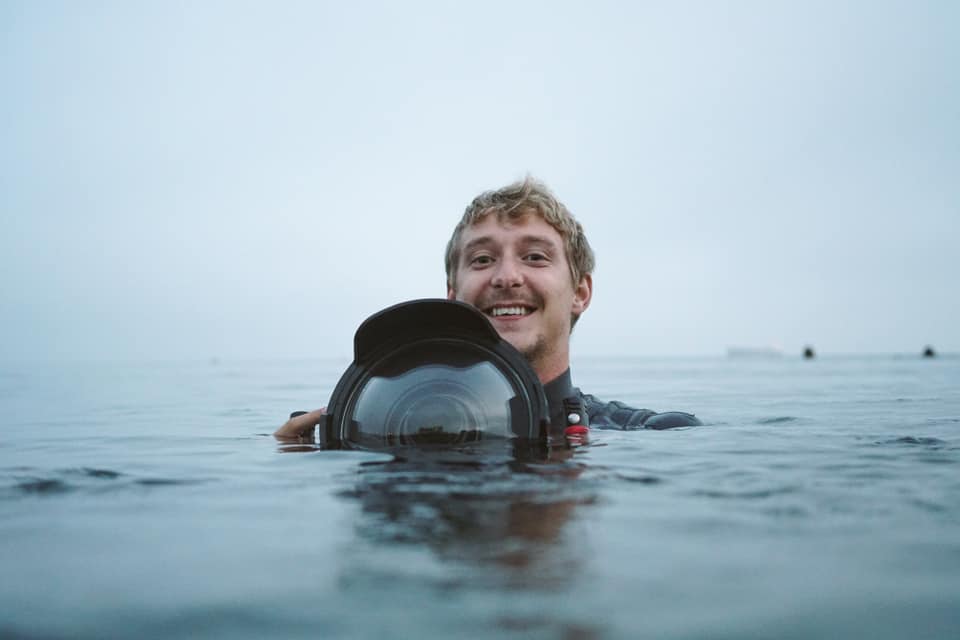
Hi Robin, it’s only been a couple of years since you studied with us, why don’t you tell us a bit about your career in that time that led you to where you are now?
Shortly after graduating, in August 2019 I successfully swam across the Channel for Rethink – a mental illness charity. After this I applied for a three-month internship studying sharks in Sodwana bay, South Africa. This was a great opportunity where I learnt to survey and ID ragged tooth sharks, turtles and dolphins. I also became a qualified freediver and got my Advanced underwater PADI. Then COVID hit and we all had to return to our home countries. There didn’t seem to be much conservation/zoology related work that I could find, however this became the perfect opportunity to work on publishing my dissertation and so focused on re-writing my research project into a 2000-word research letter. My paper on the disappearance of white sharks from Gansbaai, South Africa has since been published in the South African Journal of Science.
My family home is in rural Norfolk, so whilst I was at home in the first lockdown, I was able to get out a lot more with my camera and practice my wildlife photography, photographing local species like hares, kingfishers and a barn owls. I also applied to a few Masters options for wildlife film-making and I found the perfect course at the National Film & Television School, which I applied for, was accepted and am studying there now and right now, being trained by BBC visiting tutors in the mastery of long lens, macro and time-lapse camera work.
We’re glad you had such great opportunities! … What did you enjoy most about studying in Penryn?
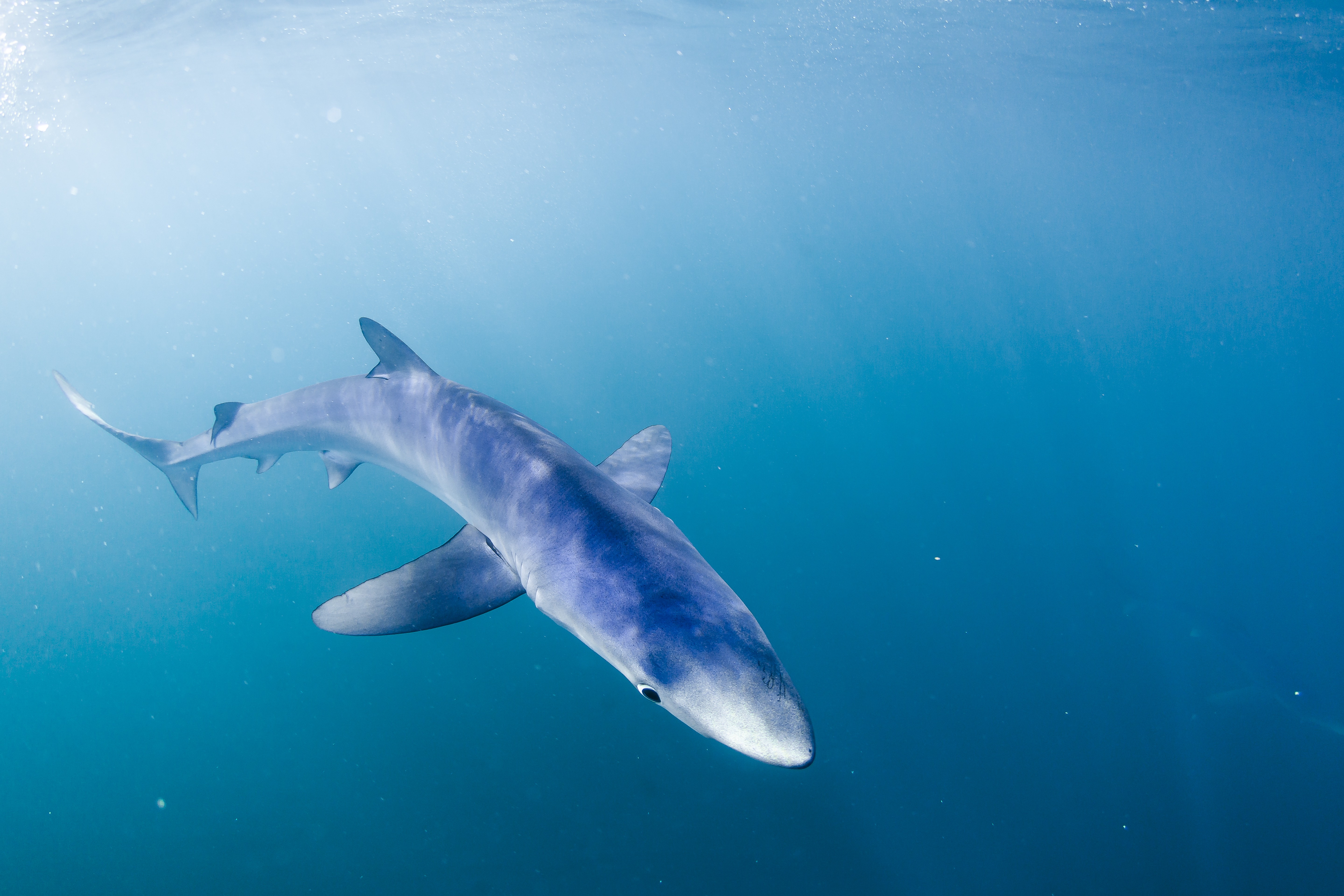
I absolutely loved my time studying at the Penryn Campus, those years were the best years of my life. What I enjoyed most was getting to know lots of adventurous and like-minded but diverse groups of people, especially in Biosciences. I have made mates that I think will last for life. I think the Penryn Campus is unique in the fact that the cohort is large enough so that you won’t meet everyone but definitely small enough to get to know many people really well, compared to say a bigger campus like Bristol perhaps. The Penryn campus is also the perfect location if you love the outdoors and being near the sea. What it lacks in terms of number of night clubs and that sort of thing (which did not really bother me to be honest) it more than makes up for with quality beaches and surf spots nearby and its plethora of fantastic wildlife.
What attracted you to study your BSc at the University of Exeter, Penryn Campus? I am not a big city person and I really wanted to study somewhere that seemed like it still had enough facilities for a decent social life, but also rural enough to be able to escape to wild spaces. The Penryn campus was perfect for that. There are plenty of great societies and sports clubs you can join there. In my opinion, the surrounding area still has enough night life to keep things interesting and all Universities have a night life. What is far better than this and unique to studying here is the fact you can live a five-minute walk from the beach and even see dolphins there. You could also fit in a surf near a seal colony or go whale watching on the Lizard peninsula and then still be back in time for lectures. I don’t know of any other Universities that offer this.
The University of Exeter is also excellent in terms of its academic credentials. I remember when I was applying to study there, the module choices, particularly the animal behaviour options really stood out to me. So, all in all, I thought the university was the perfect place for me to study, because you could have a great social life, many outdoors adventures and all whilst knowing you were getting a high-quality education at the same time.
We are glad you love it as much as we do – what are your highlights from studying at the University of Exeter?
For me the best aspect of the course was the opportunities for travel. I got to spend a whole year studying in Tasmania and this was an amazing experience. Then it would be the field courses. In my second year we went to Scotland for a week and in my third year we went to the Azores. Both of these trips were amazing and such a unique opportunity provided by the University. The lecturers on these Field trips, especially Scotland were just so knowledgeable about the place and its wildlife. Being on the field course, you get a much closer and informal interaction with the lecturers, for example, I will never forget the lecturer driving the minibus at 5mph on a tiny road around a large Scottish loch, simultaneously scanning the sky for eagles and ospreys and the water’s edge for waders and otters. On the field courses you also get an opportunity to get to know and really solidify relationships with the other students. I think this closeness with your cohort is something quite unique to this University’s experience.
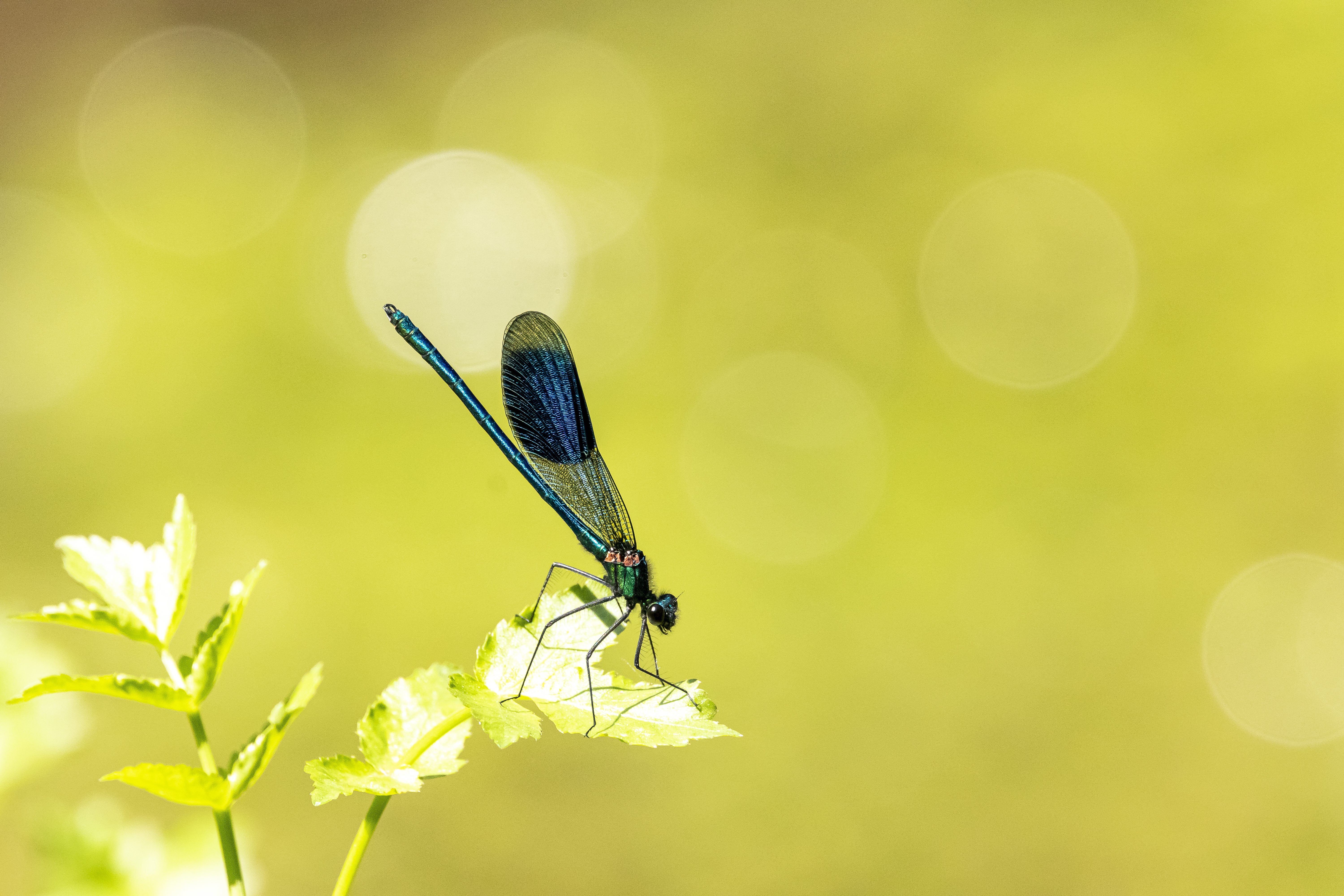
How do you think your BSc helped prepare you for your next steps?
I would say the biggest skill I have learnt from the degree is how to think critically, yet still keep open-minded. The degree places a real emphasis on being able to take your own stance and find your opinion on things and not to take the status-quo for granted. I have found this invaluable because sifting through internships/jobs once you graduate is hard. Being able to critically evaluate both the quality of a job and your ability to meet what it may be asking of you, as well as how you could maximise your chance of success in it, is essential and something I think the University of Exeter instills in its students. Also, I think a really useful skill I learnt from the University is just to ask questions and if you do not understand something, how to be pushy. The degree has given me confidence that I am good enough, so if I do not understand something, usually it is because it has not been explained in a way that I understand, not that I cannot understand it.
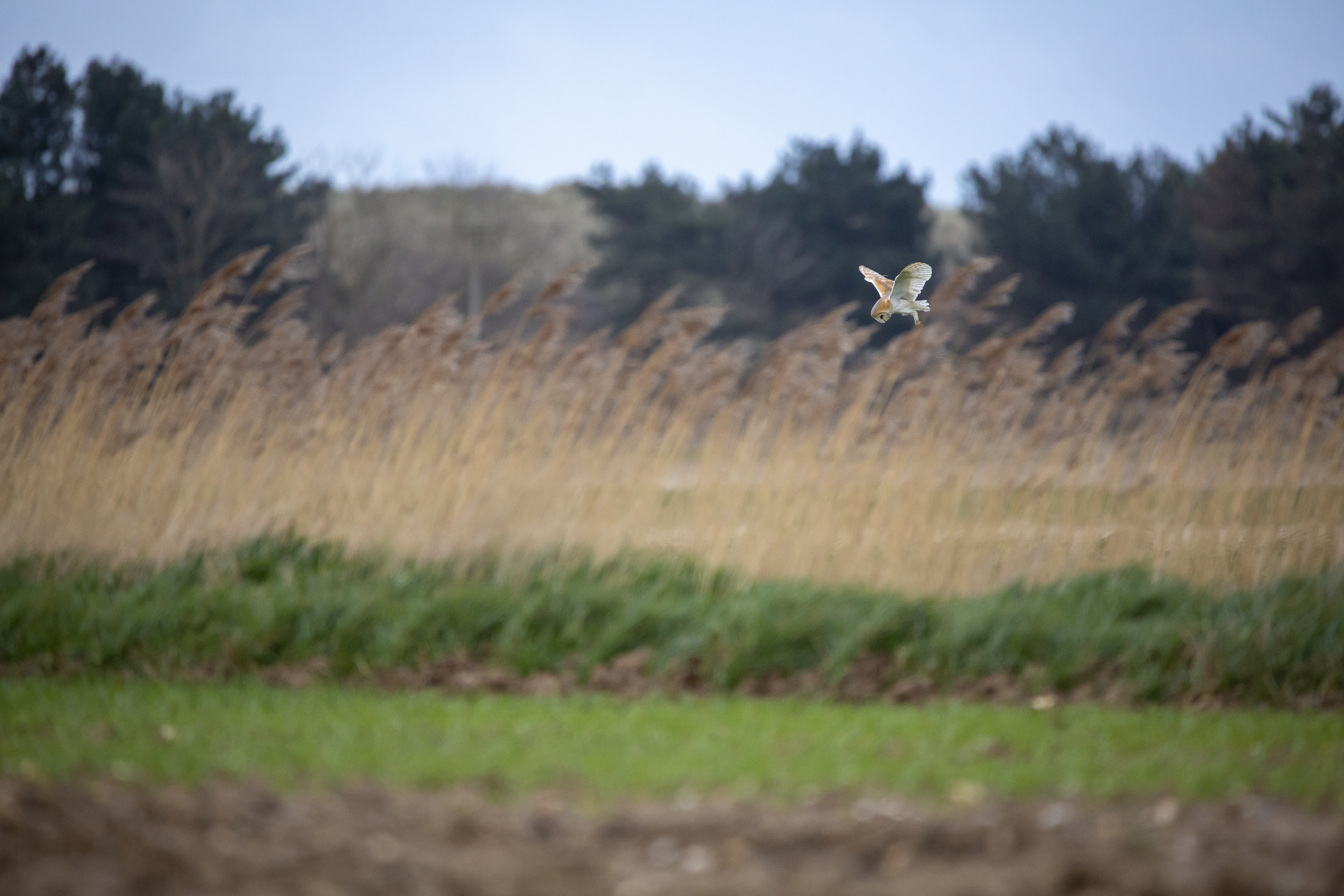 Why did you choose a career in wildlife filmmaking and producing?
Why did you choose a career in wildlife filmmaking and producing?
I have chosen this career because I love science and I love wildlife, but I feel pure science does not always do a good job at communicating its findings to the general public. If we are to ensure the success of conservation initiatives, then it is vital this gap is bridged. This is what I would like to do in my career. I also realised during my degree that I would like to do something a bit more creative, and I love film and photography, so wildlife filmmaking seems to be the perfect fit, as well as an exciting opportunity for adventure and travel.
Do you have any advice for those looking to pursue something similar?
The advice I would give to a student looking to get into a career in wildlife filmmaking is firstly join Wild Doc Soc and also maybe EcoSoc. Then go to as many of the guest speaker events as possible and the wildfilmfest. Also, get yourself a ‘black book’ and make notes. It seems simple and a bit weird almost to be that person at the talk taking notes, but they are invaluable. You can also use this book to quickly jot down contacts or any film-ideas you may have, or anything you need to do/look at later that you can’t quite do immediately.
The other thing I would say is do not be intimidated by the other students who seem to have superior equipment, experience and knowledge of cameras to you. Try and learn from them but also realise that yes, having good equipment helps and practicing with cameras is important, but these things are not as important as having a good understanding of things like composition and storytelling in films. So, I would encourage anyone pursuing this degree to go out and take photos/film with whatever equipment you already have and then read up and attend talks by wildlife filmmakers. Also, and this is a must, check out the Wilderland film festival and Wildscreen festival (you might even be able to volunteer at them).
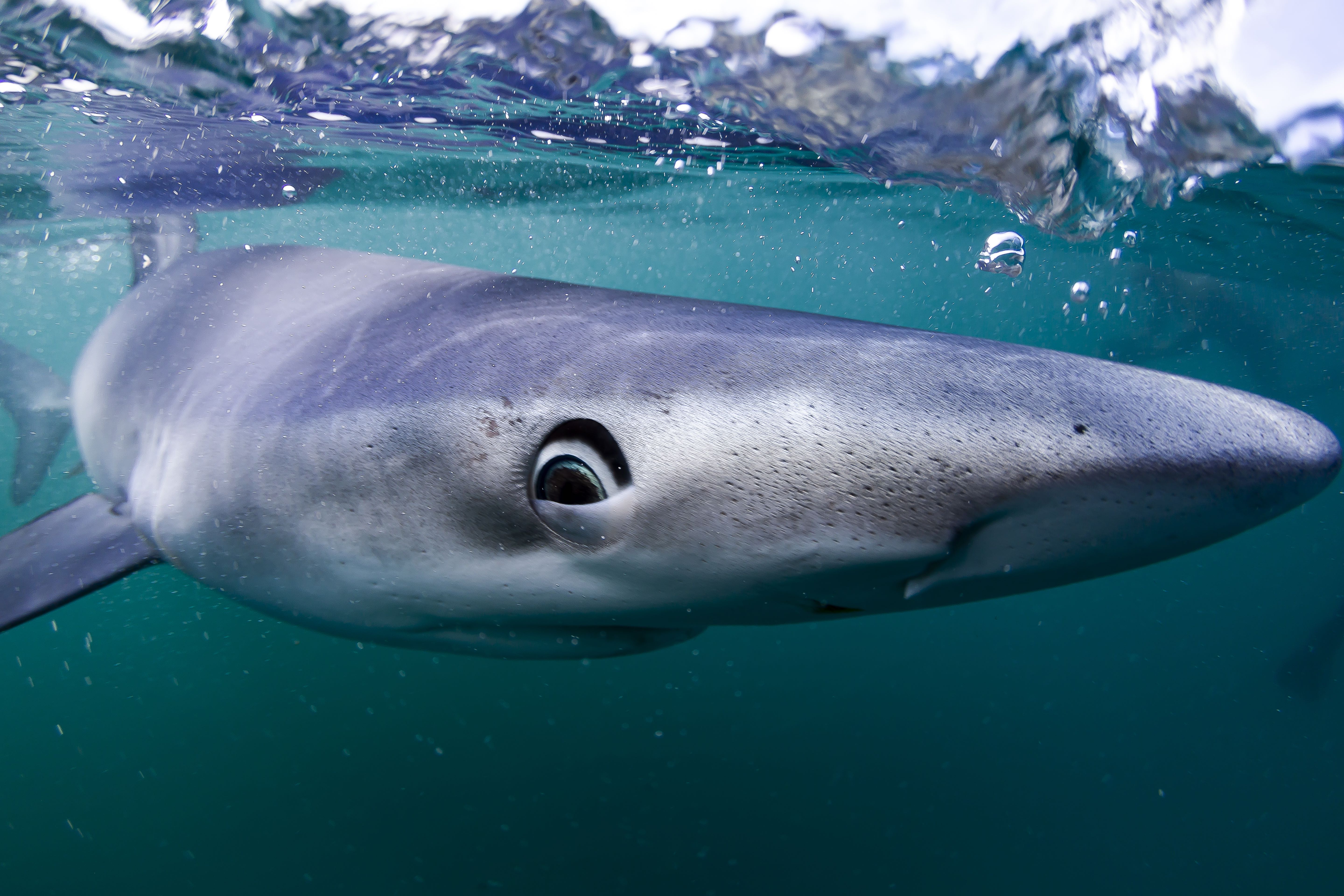
Finally, do you have any plans for the future?
I have many well intentioned yet poorly formed plans, right now I am focusing on making a quality graduation film, hopefully on UK sharks when I start my second year of my Masters. Ultimately, I would like to have my own production company specializing in communicating Biological research and conservation messages to the general public. I would also like to continue to study sharks and Marine Biology, so potentially one day, if I have the money/ am fortunate enough, to do a PhD researching sharks in British waters.
Thank you Robin!
If you want to read more profiles from BSc Zoology graduates follow this link or explore our Graduate in Focus homepage to learn more about the degree programmes we have on offer!

